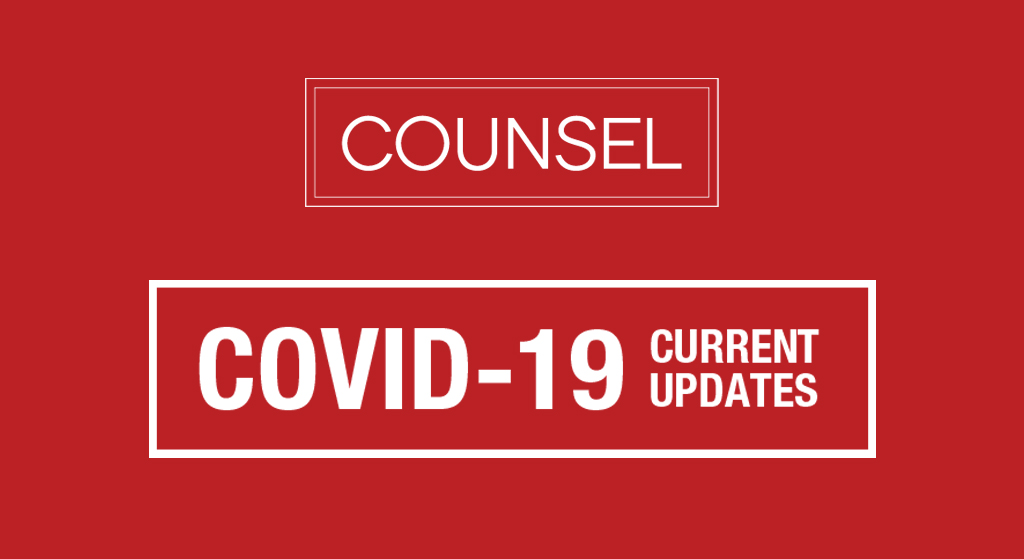Today, Minister of Employment, Workforce Development and Disability Inclusion Carla Qualtrough and new Minister of Finance Chrystia Freeland announced the government’s plans to transition recipients of the Canada Emergency Response Benefit (CERB) to Employment Insurance (EI) and other new benefits.
This announcement retools the EI program to handle the excess demand for income support created by COVID-19 while creating new programs targeted at specific groups who continue to be impacted by the pandemic, replacing the CERB program which was a blanket measure.
4.5 million Canadians are currently relying on CERB, down from 8.5 million at the height of the pandemic. The government is extending CERB by one more month to the end of September at a cost of $8 billion. At that point, the CERB program will end and 3 million recipients will transition to a revamped EI program. 1.5 million remaining recipients may be eligible for the three new benefits being introduced today:
-
-
-
- Canada Recovery Benefit – for those who have lost work due to COVID-19, or who are working with reduced income due to the pandemic, and who are not eligible for EI. This includes self-employed individuals and will provide a benefit of $400 per week for up to 26 weeks.
- Canada Recovery Sickness Benefit – $500 per week for two weeks for those who are unable to work because they are sick or need to self-isolate due to COVID-19. No medical certificate will be required. This initiative fulfills the paid sick leave commitment made by the government this summer.
- Canada Recovery Caregiving Benefit – for those who need to remain at home to provide care to children or other dependents due to COVID-19. This benefit will provide up to $500 per week for up to 26 weeks.
-
-
In addition to the introduction of these three new streams of benefits, the government has also introduced changes to regular EI benefits and premiums while making 400,000 more people eligible for EI:
-
-
-
- Announced last week, a baseline unemployment rate for economic regions used to calculate EI benefits (required hours, length of payments, etc.) will be set at 13.1%. Regions with higher unemployment rates will use their current rate in determining EI benefits, but regions with lower unemployment rates will use the minimum 13.1% rate.
- A one-time top-up of insurable hours worked will be automatically awarded, retroactive to March 15, 2020, to all those applying for EI regular benefits and EI special benefits (sickness, parental). This means Canadians applying for these benefits will only need a minimum of 120 insurable hours worked.
- New EI claimants, as of September 27, 2020, will receive a minimum of $400 per week, regardless of their average weekly earnings before applying.
- EI claimants will be allowed to work while receiving benefits, however claimants would need to repay $0.50 of the benefit for every dollar earned over an annual income of $38,000.
-
-
Along with these revamped benefits, the government is also introducing support for businesses in the form of a frozen EI premium rate for both employees and employers, for the next two years. The new rate for employees will remain at the 2020 level of $1.58 per $100 of insurable earnings. The rate for employers, who pay 1.4 times the employee rate, will also remain unchanged at $2.21 per $100 of insurable earnings. This will cost the government $2 billion in foregone revenue. In today’s press conference, Minister Freeland encouraged businesses to use these savings to rehire workers.
While changes to the existing EI benefits can be made through changes to regulation, the three new benefits announced today will require the government to pass legislation through the House after it is recalled on September 23rd.
The full package of supports announced by the government today is estimated to cost an additional $37 billion over the next year.
The details of the new benefits and EI changes can be found in this backgrounder.
As always, the Counsel team is standing by to answer any questions you may have:
Sheamus Murphy
613 323 7607
Bridget Howe
613 797 8058
Ben Parsons
613 323 5226

